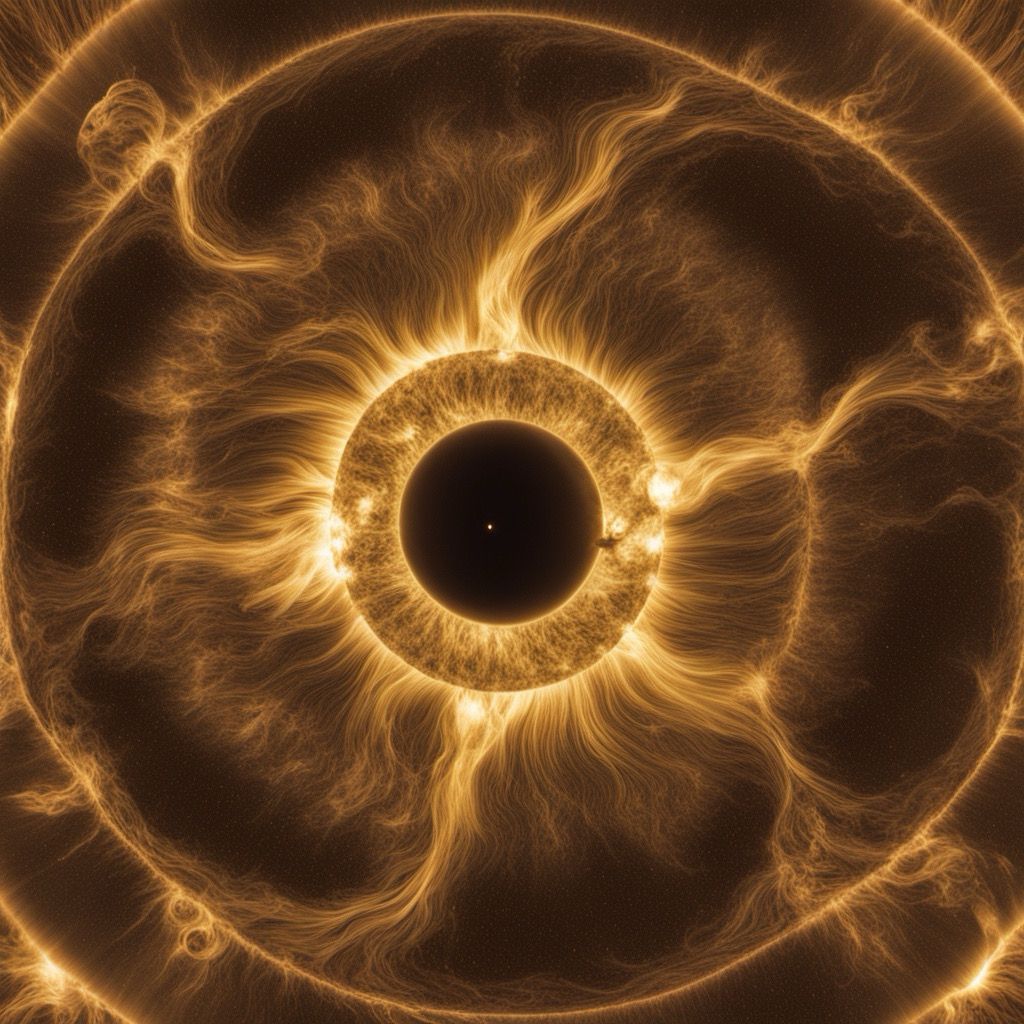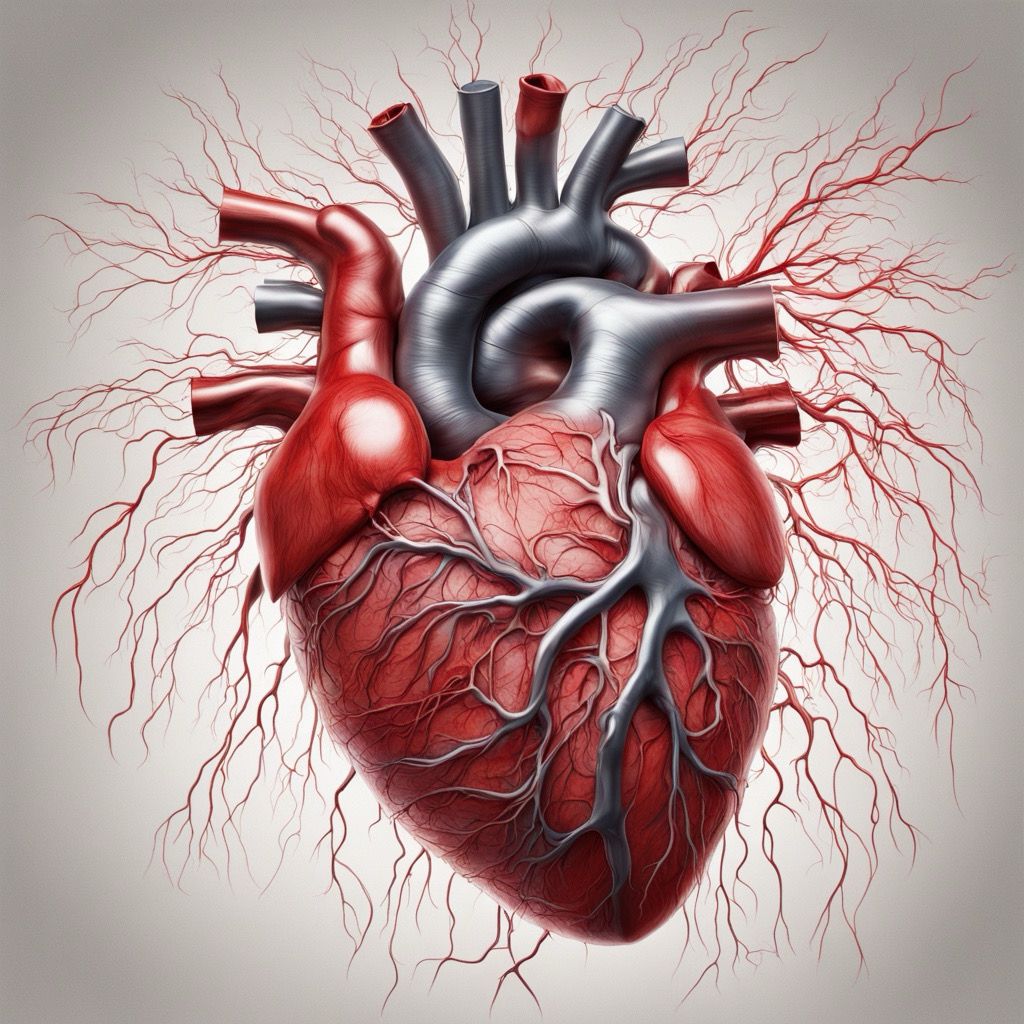Published: 5 months ago

Science
Engineering
Summary
Who would've thought that the study of thermodynamics could be so fascinating? With its complex principles and equations, thermodynamics is a branch of engineering that deals with the transfer of heat and energy, and how they affect the physical properties of materials.
Article
Let's dive into the world of thermodynamics and explore 50 interesting facts that will make you see the world in a whole new light.
1. The first law of thermodynamics states that energy cannot be created or destroyed, only transformed from one form to another.
2. The second law of thermodynamics states that the total entropy of a closed system can never decrease over time.
3. The third law of thermodynamics states that as a system approaches absolute zero temperature, its entropy approaches a minimum value.
4. The concept of temperature was first introduced by Daniel Gabriel Fahrenheit in the early 18th century.
5. The concept of heat was first introduced by James Prescott Joule in the mid-19th century.
6. The concept of entropy was first introduced by Rudolf Clausius in the mid-19th century.
7. The concept of absolute zero was first suggested by Lord Kelvin in the mid-19th century.
8. The Carnot cycle is a theoretical thermodynamic cycle that represents the most efficient way to convert heat into work.
9. The efficiency of a Carnot engine is determined by the ratio of the temperatures of the hot and cold reservoirs.
10. The study of thermodynamics has applications in a wide range of engineering fields, including mechanical, chemical, and aerospace engineering.
11. The concept of pressure was first introduced by Blaise Pascal in the 17th century.
12. The concept of volume was first introduced by Robert Boyle in the 17th century.
13. The concept of work was first introduced by Gottfried Wilhelm Leibniz in the 17th century.
14. The concept of internal energy was first introduced by Carl Friedrich Gauss in the 19th century.
15. The concept of enthalpy was first introduced by Josiah Willard Gibbs in the 19th century.
16. The concept of specific heat was first introduced by Joseph Black in the 18th century.
17. The concept of heat capacity was first introduced by Antoine Lavoisier in the 18th century.
18. The concept of entropy was first introduced by Ludwig Boltzmann in the 19th century.
19. The concept of thermodynamic equilibrium was first introduced by Joseph Lagrange in the 19th century.
20. The concept of free energy was first introduced by Josiah Willard Gibbs in the 19th century.
21. The concept of phase transitions was first introduced by Hermann von Helmholtz in the 19th century.
22. The concept of reversible processes was first introduced by Maria Gaetana Agnesi in the 18th century.
23. The concept of irreversibility was first introduced by Nicolas Léonard Sadi Carnot in the 19th century.
24. The concept of thermal conductivity was first introduced by James Clerk Maxwell in the 19th century.
25. The concept of thermal resistance was first introduced by Lord Kelvin in the 19th century.
26. The concept of convection was first introduced by Lord Rayleigh in the 19th century.
27. The concept of conduction was first introduced by Joseph Fourier in the 18th century.
28. The concept of radiation was first introduced by Max Planck in the 20th century.
29. The concept of blackbody radiation was first introduced by Wilhelm Wien in the 20th century.
30. The concept of Stefan-Boltzmann law was first introduced by Ludwig Boltzmann in the 19th century.
31. The concept of Planck's law was first introduced by Max Planck in the 20th century.
32. The concept of Wien's law was first introduced by Wilhelm Wien in the 20th century.
33. The concept of Kirchhoff's law was first introduced by Gustav Kirchhoff in the 19th century.
34. The concept of emissivity was first introduced by Max Planck in the 20th century.
35. The concept of absorptivity was first introduced by Max Planck in the 20th century.
36. The concept of reflectivity was first introduced by Max Planck in the 20th century.
37. The concept of transmissivity was first introduced by Max Planck in the 20th century.
38. The concept of absorptive power was first introduced by Max Planck in the 20th century.
39. The concept of emissive power was first introduced by Max Planck in the 20th century.
40. The concept of blackbody was first introduced by Max Planck in the 20th century.
41. The concept of graybody was first introduced by Max Planck in the 20th century.
42. The concept of body color was first introduced by Max Planck in the 20th century.
43. The concept of thermal radiation was first introduced by Max Planck in the 20th century.
44. The concept of intensity of radiation was first introduced by Max Planck in the 20th century.
45. The concept of heat transfer was first introduced by Max Planck in the 20th century.
46. The concept of conduction was first introduced by Fourier in the 18th century.
47. The concept of radiation was first introduced by Max Planck in the 20th century.
48. The concept of second law was first called Carnot's principle.
49. The concept of reversible processes was first introduced by Caratheodory.
50. The concept that entropy always increases in an isolated system was first proposed by the second law of thermodynamics.
No opinions exist on this article yet!
Be the first one to share an opinion on this article.
This article does not have any attachments.
No Access
Share access to start recording your opinion










